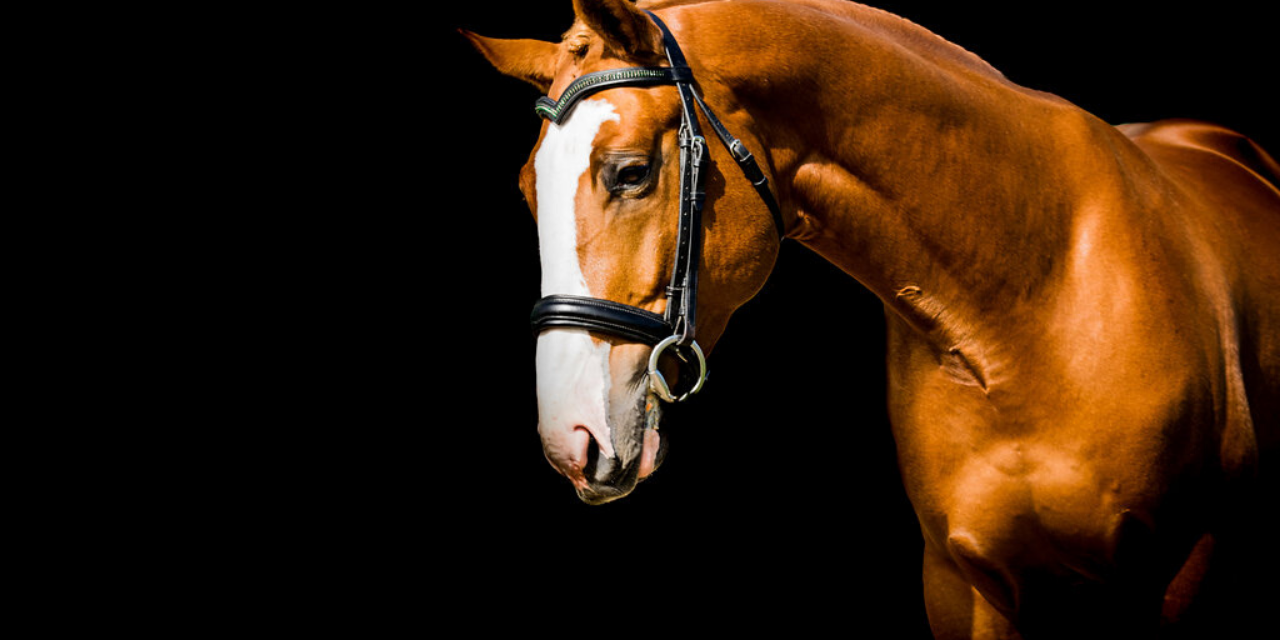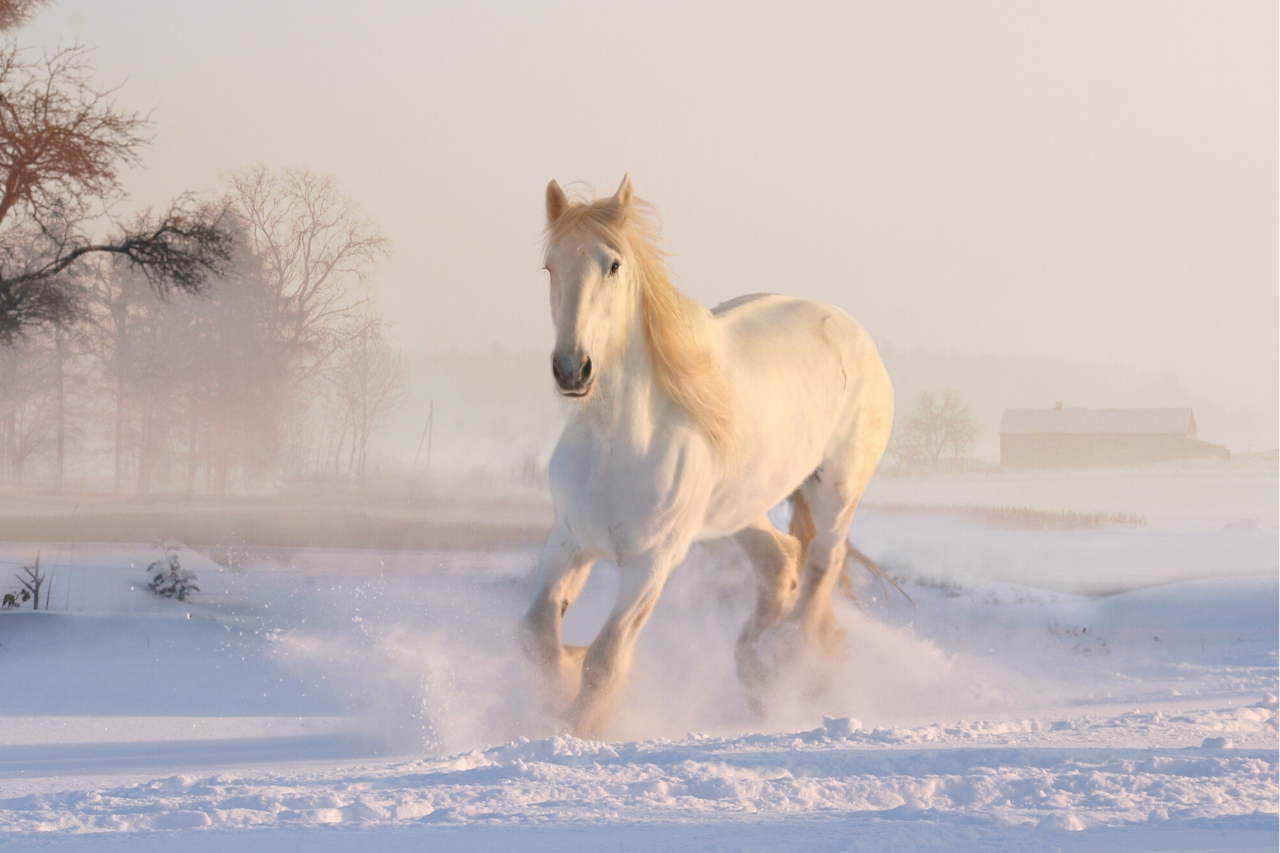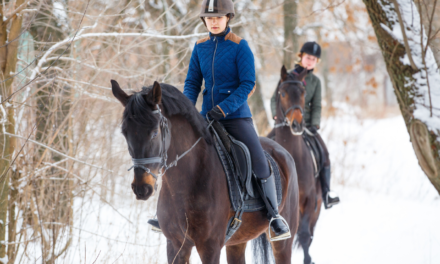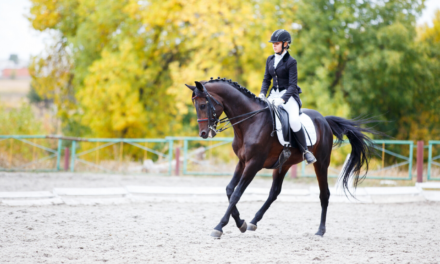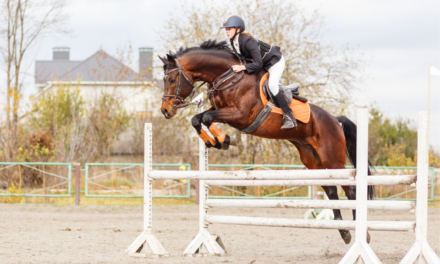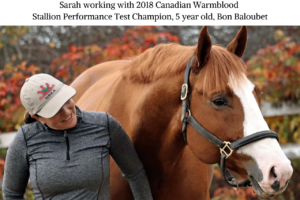We may earn money or products from the companies mentioned in this post. For more information please check out our disclosure page
Buying a horse is a big decision, a big investment, and a long-term commitment both financially and most importantly, for you, the new owner.
Once you are prepared, have a boarding place lined up, understand the financial obligations and are ready to look for your horse it is time to arm yourself with the questions you need to ask when considering a horse.
Usually an advertisement for a horse will contain its age, gender, how tall it is, colour, and the type of work it has been used for (pleasure, hunter, dressage, etc). However, you may have heard about a horse by word of mouth so you will need to make sure all these questions are on your list, just in case!



1. WHAT’S THE HORSE’S GENDER?
2. HOW OLD IS THE HORSE
- If you get to the point of buying the horse and get a vet check done, get the vet to confirm the age. When my parents bought my first horse we were told it was 7 years old when in fact it was around 15.
3. HOW TALL IS THE HORSE?
- Again get a vet to measure the horse during a vet check.
- Many people will add an inch or two for a horse, or could deduct an inch or so for a pony! It happens!
4. HOW LONG HAVE THEY HAD THE HORSE?
- If they haven’t had the horse for long, they may not know some of its habits or minor vices so its important to know this..
5. WHY ARE THEY SELLING IT?
- Did they purchase it recently for the sole purpose of reselling?
- Or have they had it for a a long time but it doesn’t suit their needs any more? If so why?
- The answers are important to know as they will tell you if the previous owner really knows the horse and can tell you about it.
6. IS THE HORSE REGISTERED?
- This quite often won't matter for most people who are purchasing a horse unless they are planning on breeding or competing in breed shows.
- Sometimes it is just nice to know the bloodlines of your horse! It can also give insight into their character.
- Knowing a horses family history can also help know if there are any concerns with that line such as health or behavioural.
7. DOES THE HORSE HAVE ANY VICES?
There are probably few horses out there without any vices so you need to know what ones you feel are acceptable for you. Here is a list of some to know about:
- Does the horse crib?
- Does it rear or buck?
- Does it bite aggressively?
- Does it crib?
- Is it a stall kicker?
- Does it pull back when tied?
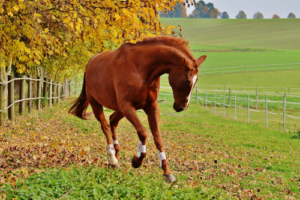
.
8. HOW IS THE HORSE TO LOAD IN A TRAILER?
9. DOES THE HORSE STAND FOR THE FARRIER?
10. DOES THE HORSE KICK OTHER HORSES (DOES IT NEED A RED RIBBON AT SHOWS?)?
11. HOW IS THE HORSE WITH OTHER HORSES?
- Where are they in the herd?
- At the bottom, middle, or top of the pecking order?
- Knowing this will help you integrate them into the new herd.
12. WHAT KIND OF TEMPERAMENT DO THEY HAVE?
- Are they easy to handle?
- You need to determine whether they are suitable for your current level of confidence handling horses.
13. WHAT LEVEL OF RIDER IS THEIR CURRENT RIDER?
- Does this match your level?
- If not ask them what level of rider is suitable for the horse.
14. WHAT IS THEIR FEED PROGRAM?
- What type of feed are they being fed, how often?
- Is it soaked in water or not?
- If you plan on feeding the horse a different grain you will need to plan a gradual switch over.
15. WHO IS THEIR CURRENT VET?
- I always advise a prospective buyer to ask the horses owner to give their current vet permission to talk to you about the horses health. However, don’t use their vet for the pre-purchase vet check.
- Should you buy the horse there are benefits to using the same vet should you purchase the horse because they know its previous history.
16. IS THE HORSE UP TO DATE ON VACCINATIONS?
- Ask to see the current vaccinations records.
17. WHAT IS THEIR DEWORMING SCHEDULE?
- Deworming schedules are designed to attack different classes of worms at different times of the year. Not everyone is aware of this so it is important to see what schedule the horse is on and get advise from your vet to make sure it is correct for the parasite schedule in your area.
- Some horses may not need to be dewormed at all, but a regular fecal test will determine whether this is the case.
18. WHEN WAS THE LAST TIME THEY HAD THEIR TEETH FLOATED?
- Horses should have their teeth floated at least once a year, some horses need more often so knowing what to expect is important with regards to your financial planning and maintaining that schedule will prevent any health or behaviour issues with regards to tooth pain.
19. HOW ARE THEIR FEET?
- Are they shod or barefoot?
- Are they prone to abscesses or thrush?
- How often are they shod?
- Do they need corrective shoeing?
- How often are they shod?
- Have they ever had laminitis?
20. HAVE THEY HAD ANY PAST INJURIES OR ILLNESSES, IF SO WHAT KIND HAVE THEY HAD?
Again you should be able to confirm past injuries and illnesses by talking to their current vet. Some horses are accident prone and this could help you determine this.
21. WHAT IS THEIR TURNOUT ROUTINE?
- Are they on 24/7 or partial turnout?
- If they are on partial turnout how many hours of the day are they outside?
- Increased turnout can help with calming a more frisky horse and decreasing a horse’s turnout can make a level-headed horse suddenly hot.
22. ARE THEY EASY TO CATCH?
23. WHAT IS THEIR WORKOUT ROUTINE LIKE AND HOW ARE THEY WHEN THEY COME BACK TO WORK AFTER TIME OFF?
24. DO THEY HAVE LUNGE EXPERIENCE?
- Are they well behaved on the lunge line?
- Do they understand voice commands?
25. DO THEY HAVE COMPETITION EXPERIENCE?
- Ask them the show history and how the horse behaves at shows.
26. HOW DO THEY LOAD ON A TRAILER?
- Are they used to a ramp or step up trailer
27. DO THEY TRAILER WELL?
- Are they calm?
- Do they arrive sweaty?
- Do they get restless or kick in the trailer?
28. ARE THEY GOOD WITH BEING CLIPPED?
29. HOW ARE THEY TO RIDE ON A TRAIL ?
30. ARE THEY SPOOKY?
31. DO THEY RESPECT FENCING?
32. DOES THE HORSE HAVE A HISTORY OF ULCERS?
33. HOW IS THE HORSE IN A STALL?
Some horses don’t like being stabled so its good to know how your horse will behave if stalled.
admin
Latest posts by admin (see all)
- A Horse For All Reasons – Guest Blog by Lucy from Horse Factbook - April 8, 2020
- How To Deal With A Spooky Horse Trail Riding - March 31, 2020
- Our Top 20 Amazon Equestrian Products - January 30, 2020

